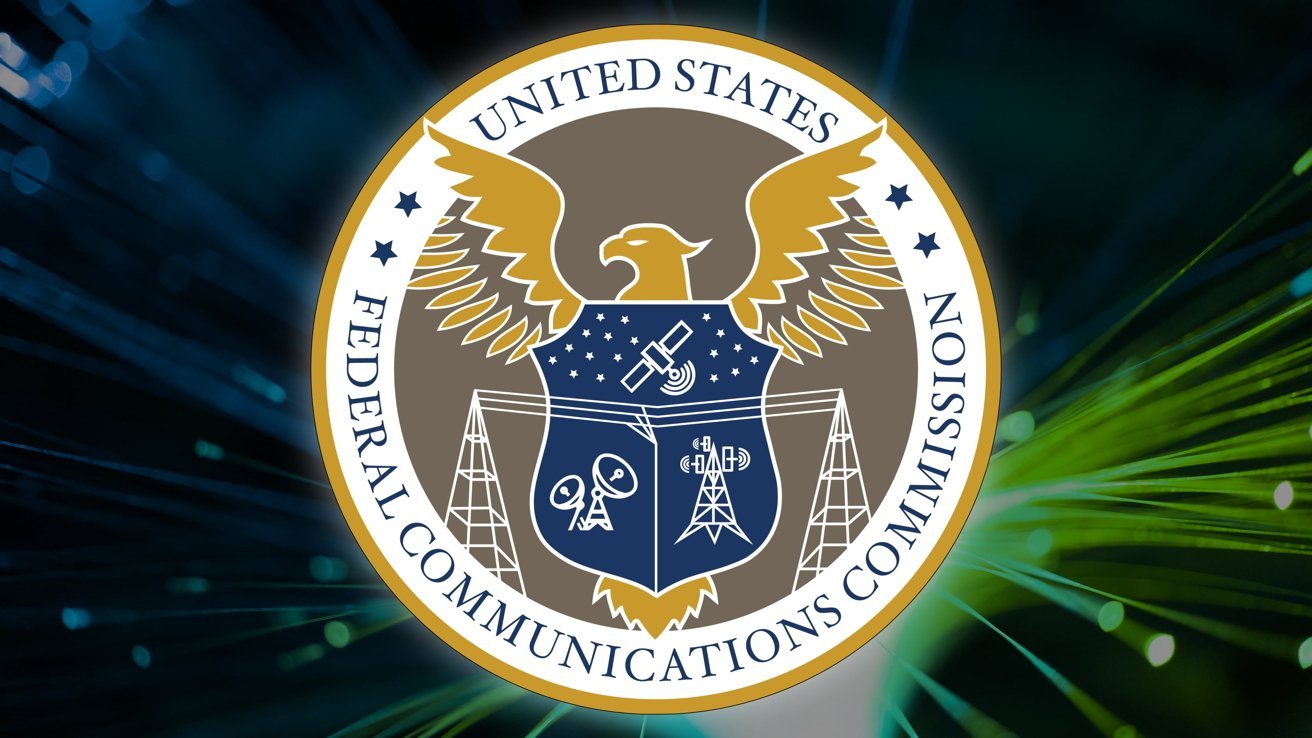In an entirely expected move, the Federal Communications Commission has voted to reinstate net neutrality protections in the United States.
The vote on Thursday was on the final form of net neutrality rules, following a previous vote on bringing back the rules in October.
The latest vote was 3-2 in favor of restoration, with Democratic commissioners voting in favor and Republican counterparts against the change.
The FCC vote is the latest in the Commission's story in the years-long net neutrality saga. The latest vote restores the requirement that Internet providers manage traffic equally regardless of the source or user.
"Four years ago the pandemic changed life as we know it. We were told to stay home, hunker down, and live online," said FCC chair Jessica Rosenworcel at the time of the vote.
"It became clear that no matter who you are or where you live, you need broadband to have a fair shot at digital age success," she continued. "It went from nice-to-have to need-to-have for everyone, everywhere."
"Broadband is now an essential service. Essential services - the ones we count on in every aspect of modern life - have some basic oversight."
The long road away from Fast Lanes
Under the Obama administration and FCC chairman Tom Wheeler, the FCC voted to introduce net neutrality rules in 2015. The vote meant that internet services would be regulated as "common carriers" under the Communications Act," and end paid-for "internet fast lanes."
During the tenure of Donald Trump, FCC chair Ajit Pai worked to rescind those same protections, under the guise of "Restoring Internet Freedom." While there were protests and urging by tech companies, including Apple, to reconsider, the FCC voted in 2017 to remove those rules.
The Restoring Internet Freedom order came into force on June 11.
Following the removal of the protections, various attempts were made to restore them, including Senate votes and a law in California. The 2019 "Save the Internet" bill was a prominent attempt that failed to make traction.
After a net neutrality lawsuit against Mozilla, the FCC was legally required to ask for comments from the public on the matter. Comments in favor of net neutrality were largely ignored by the FCC, due to the request being a legal formality.
Despite being voted into the White House and in power since the end of 2020, the Biden administration could not bring back net neutrality in its first three years, until the FCC came under majority Democrat control in October.
